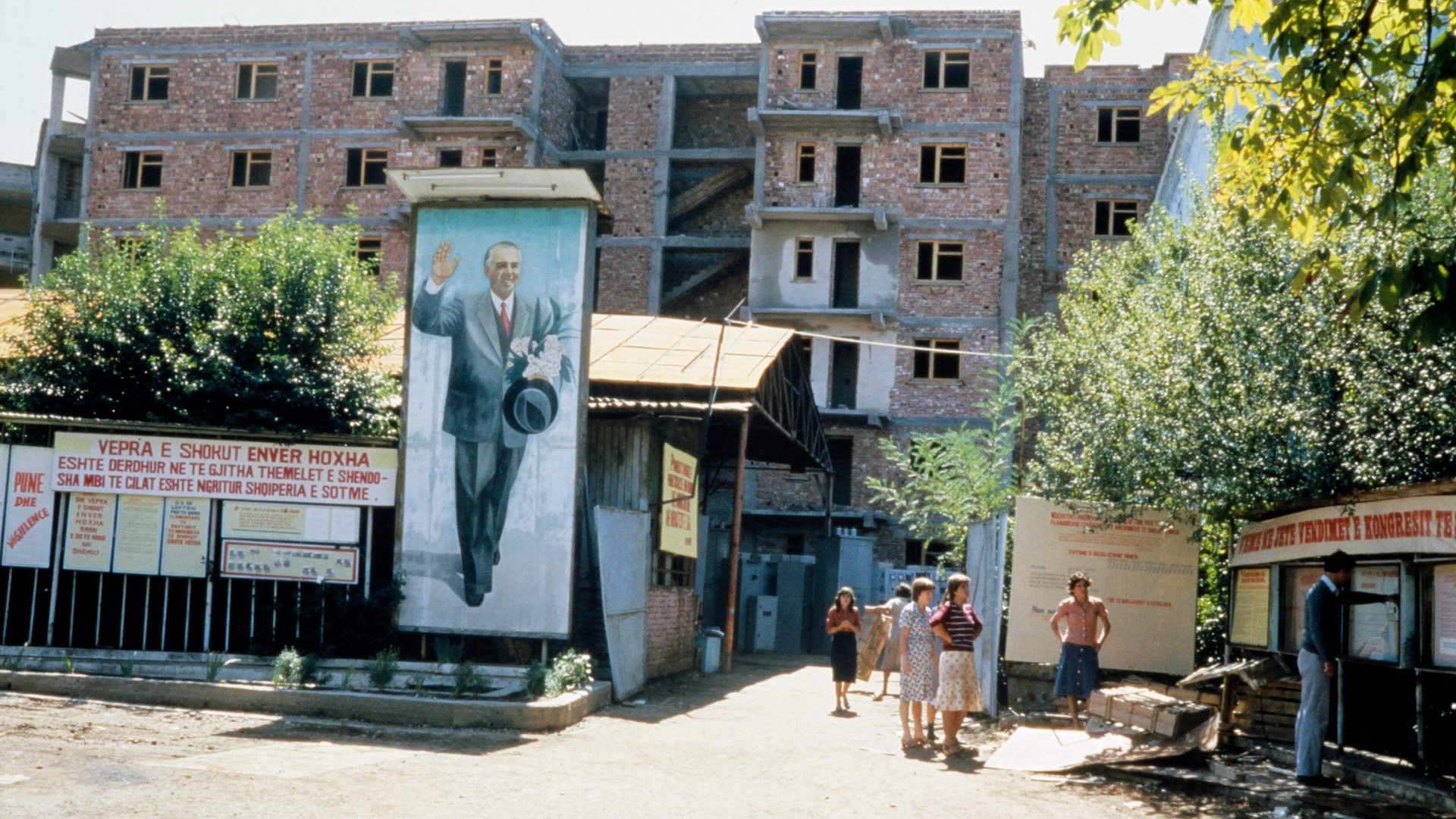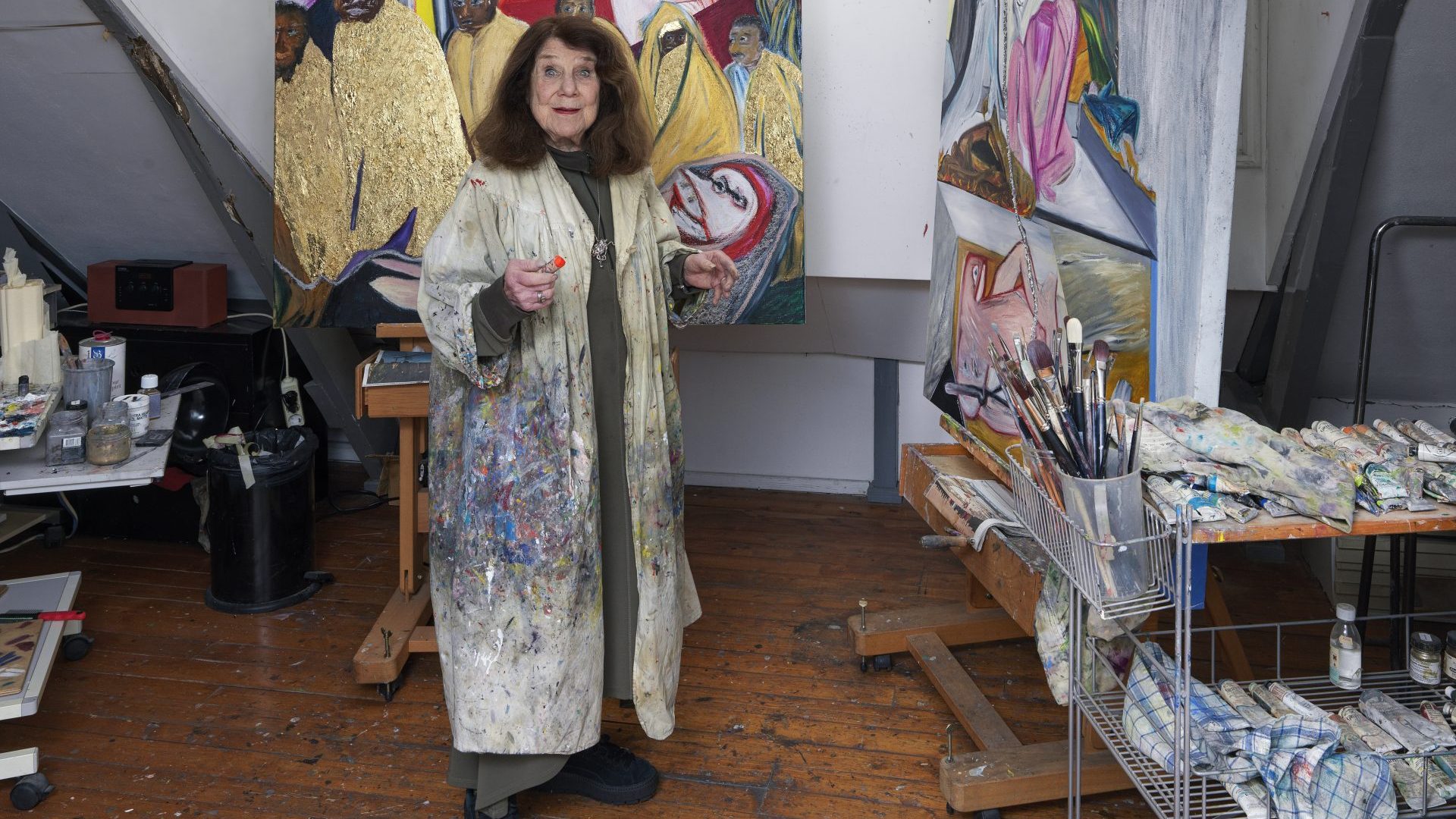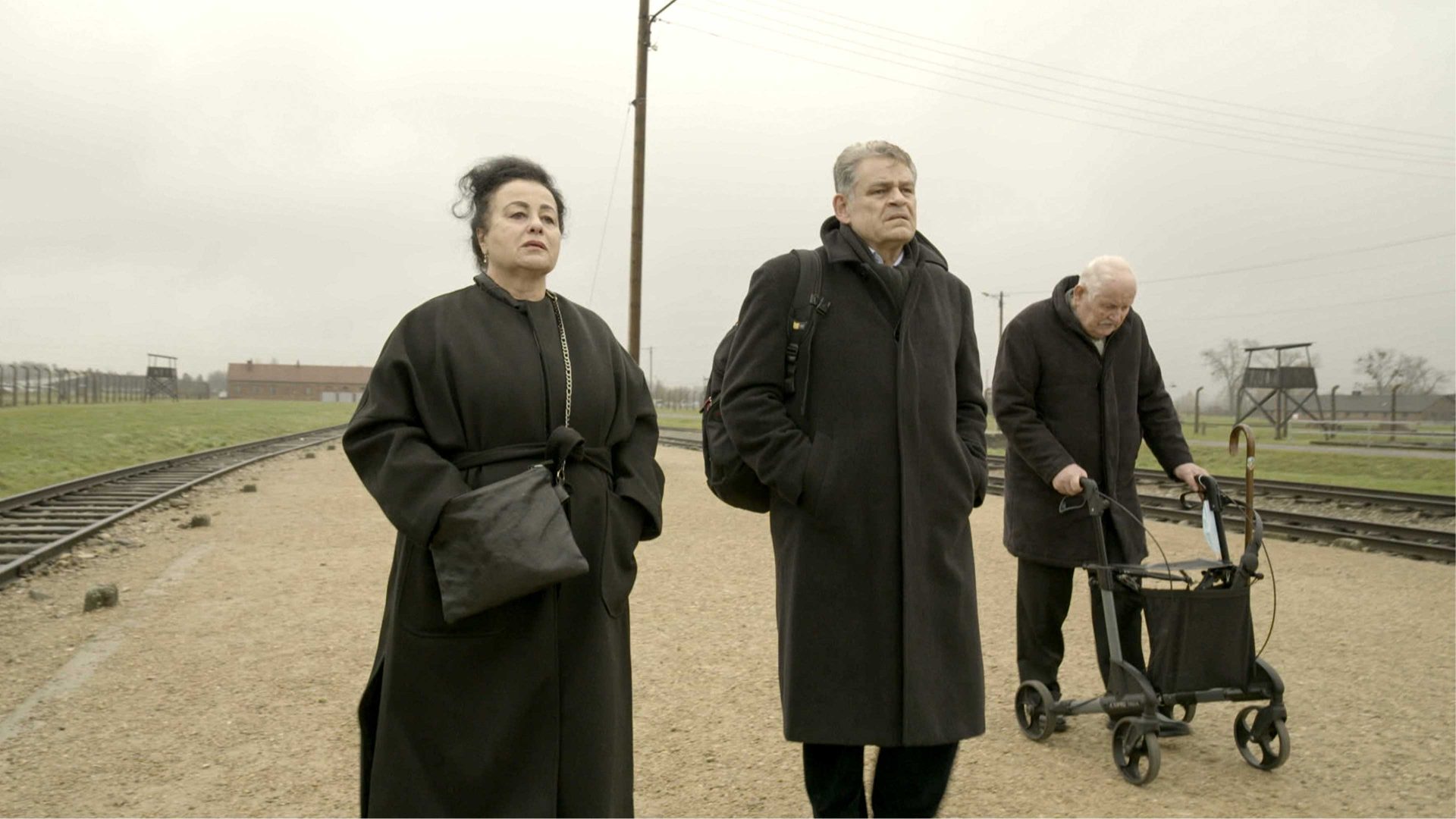Earlier this month Europe lost one of its most significant voices and greatest writers.
Ismail Kadare, who died of a heart attack in Tirana on July 1 at the age of 88, was a remarkable chronicler of Albania’s modern history, particularly the hardline communist era presided over by Enver Hoxha between 1944 and 1985.
Best known for his 1963 debut General of the Dead Army, Kadare wrote 35 novels and enough poetry, short stories and essays to fill 20 volumes when his collected works were published in 2009. One of the key European literary figures of the modern age, Kadare was, like Balzac, able to conjure the big picture through small stories with a satirical pen as sharp as that of Jonathan Swift.
It is rare for one writer to stand head and shoulders above their compatriots but Kadare was a stellar presence for Albanians at home and abroad, a figure of such national significance he declined several approaches to become the country’s president after the fall of communism in the early 1990s.
His body lay in state in the entrance hall of the Opera and Ballet Theatre on Tirana’s Skanderbeg Square while his poems were recited in the background and flags across the country flew at half-mast during the two days of official national mourning that accompanied last Wednesday’s funeral. In Kosovo, whose population largely comprises ethnic Albanians, Wednesday was designated a day of mourning.
Albania’s prime minister Edi Rama noted in his eulogy how Kadare had almost single-handedly placed Albania “into the pantheon of world letters”.
“He came, he wrote and he left,” Rama added in a simple but heartfelt tribute. Meanwhile the Albanian president Bajram Begaj said “Ismail Kadare will always be remembered as a promoter of national pride like no one else”.
Kadare was frequently mentioned in connection with the Nobel Prize for Literature, but it was his receipt in 2005 of the first Man Booker International Prize that brought him the most international attention. Awarded in those days for a body of work rather than a specific book, the prize had garnered a star-studded shortlist that included Margaret Atwood, Gabriel García Márquez, Milan Kundera, Philip Roth, Günter Grass, John Updike and Doris Lessing. Kadare’s win surprised many but was absolutely merited.
For all his success, however, and his status as a national figurehead either side of the fall of communism, throughout his career Kadare endured a mixed political reputation. For many in Hoxha’s regime, Kadare was a dangerous subversive who had a handful of novels banned and who at one point was placed in internal exile. For others the whiff of a fellow traveller hung pungently over Kadare, an accusation he was always quick to refute. There was a fine line, he felt, between the importance of artistic expression and basic physical survival.
“I have never claimed to be a ‘dissident’ in the proper meaning of the term,” he said. “Open opposition to Hoxha’s regime, like open opposition to Stalin during Stalin’s reign in Russia, was simply impossible. Dissidence was a position no one could occupy, even for a few days, without facing the firing squad. On the other hand, my books themselves constitute a very obvious form of resistance to the regime.”
Born in Gjirokastër, a town from which Hoxha also came, close to the Greek border and packed with Ottoman history, Kadare published his first poetry collection when he was 17. Having graduated in languages and literature from Tirana University, his obvious talent was enough to earn him a scholarship to the Maxim Gorky Institute in Moscow.
“I was sent to the Gorky Institute to become an official writer of the regime – it was a factory for fabricating dogmatic hacks of the socialist-realism school,” he told the Paris Review in 1998. “In fact, they took three years to kill every creativity, every originality you possessed.
“Luckily I was already immunised by what I had read. At the age of eleven I had read Macbeth, which had hit me like lightning, and the Greek classics, after which nothing had any power over my spirit. What was happening in Elsinore or on the ramparts of Troy seemed to me more real than all the wretched banality of socialist-realist novels.”
In 1960, after two years in Moscow, Kadare was recalled to Tirana when Hoxha decided to cut all ties with the Soviet Union. He arrived clutching a completed novel about two students reworking an ancient lost Albanian manuscript that, when he published an extract in a literary magazine, was immediately banned. Kadare soon came to regard this as a valuable lesson for the future. Had he published the full novel, he realised, the consequences might have been more severe.
“In the early 1960s life in Albania was pleasant and well-organised,” he said. “A writer would not have known he should not write about the falsification of history.”
His breakthrough came with 1963’s General of the Dead Army, which followed an Italian military officer travelling across Albania searching for and repatriating the remains of Italian soldiers killed during Mussolini’s disastrous invasion. Pompous, officious and soon tired of tramping through villages with a priest and a work party, the eponymous officer fails to notice a series of doomy portents massing around him, leading to a sobering epiphany.
While the novel was cleared for publication by the authorities it was panned by critics in state-run periodicals because it was so far removed from the socialist realism they craved. Readers loved General of the Dead Army, however, and when the book was published in French translation in 1970 it became a huge bestseller that set Kadare on the road to international renown.
This heightened status earned Kadare some protection at home but he was far from immune from official reprisal. Hoxha made him an honorary delegate of the People’s Assembly, the Albanian parliament, in 1970, enabling the writer to travel abroad and have his novels translated with official approval. Shortly afterwards, however, he wrote a short satirical verse featuring Hoxha’s wife Nexhmije and those privileges came to a swift end. In 1975 his poem The Red Pashas was condemned as subversive and banned and Kadare found himself banished to a remote rural village. There he wrote his 1977 novel The Great Winter, which portrayed Hoxha in a flattering light and earned a return from the margins.
For many readers The Great Winter represents a betrayal by Kadare, proof that he was at best a puppet of the state, at worst an outright collaborator. For the author, the novel came purely out of necessity, a tactical ploy, an unavoidable oiling of the machinery to keep his career – and possibly himself – alive.
“That novel was the price I had to pay for my freedom,” he said in answer to his critics, particularly those in the west. “Would you only be satisfied if I showed you my fingernails torn out? I chose to give the regime a sop in order to be allowed to continue to write.”
His 1984 story The Blinding Order satirised foreign critics who could pontificate on the purity of the dissident voice because they did not have to negotiate the daily idiosyncratic dangers of life in a totalitarian regime.
In the story, a barbaric law is passed in the 19th-century Ottoman Empire condemning alleged possessors of the “evil eye” to be blinded. The Austrian and French ambassadors discuss the repercussions of the legislation before one of them concludes: “Every cloud has a silver lining. In spite of its ghastly and untranslatable name, and even in spite of the notorious horror it has caused, The Blinding Order has contributed to a new flowering of oral poetry, which, as I myself noticed, has been in sharp decline in this country in recent years”.
Until Hoxha’s death in 1985 Kadare’s official status continued to veer between national hero and pariah. His 1981 novel The Palace of Dreams in which a young man in a totalitarian state learns of a government department dedicated to studying citizens’ dreams was banned within hours of publication, although by then every copy printed had been sold anyway.
“Every time I wrote a book I had the impression that I was thrusting a dagger into the dictatorship,” Kadare said, “while at the same time giving courage to the people.”
Ramiz Alia took over from Hoxha and there were encouraging early hints at possible reform. The fall of the Berlin Wall emboldened Kadare to meet with Alia himself and present a case for Albania welcoming the same wave of progress. By the autumn of 1990, however, he realised there was little government appetite for significant change and decided to leave the country.
“More than any action I could take in Albania,” he said, “my defection would help the democratisation of my country.”
In October 1990 on one of his regular visits to his French publisher, Kadare sought political asylum.
He kept writing, still capturing the mood of an Albania in flux even in exile, earning the Legion d’Honneur and that first Man International Booker Prize. With the end of authoritarianism Kadare and his work could be fully celebrated at home and he began spending more and more time in Tirana. A couple of years before his death he was even able to visit his old apartment in the capital which had been turned into a museum dedicated to his life and work.
“For a writer, personal freedom is not so important,” Kadare said. “It is not individual freedom that guarantees the greatness of literature, otherwise writers in democratic countries would be superior to all others. Some of the greatest writers wrote under dictatorship – Shakespeare, Cervantes. The great universal literature has always had a tragic relation with freedom.”




